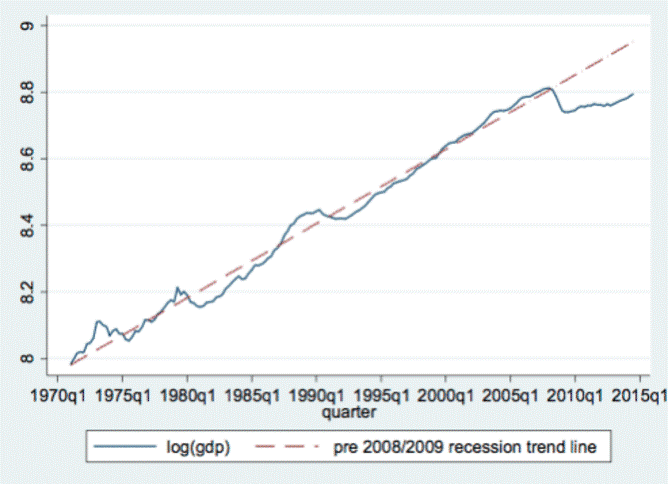UK Conservative Victory Portends Deregulation
A decisive victory by the Conservative Party in Great Britain may portend greater cost cutting to social services and lower corporate taxes for the UK.
While the Conservatives gained a majority with over 327 seats, the Liberal Democrats suffered a fall from grace as they lost about 30 seats in the House of Parliament. The Labour Party, with over 230 seats, will be the second largest party and the opposition to the Conservatives, but they will also have to contend with the Scottish National Party, whose representation in the Parliament surged to at least 56 seats.




